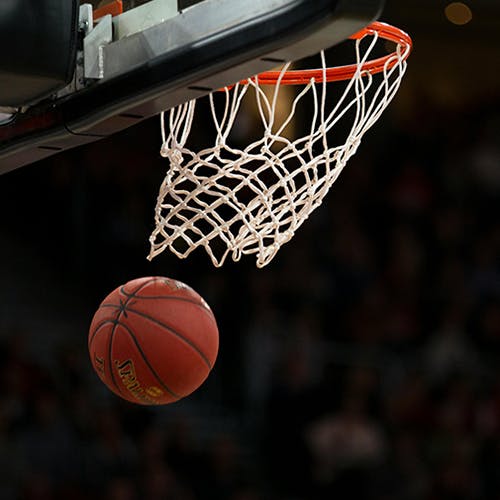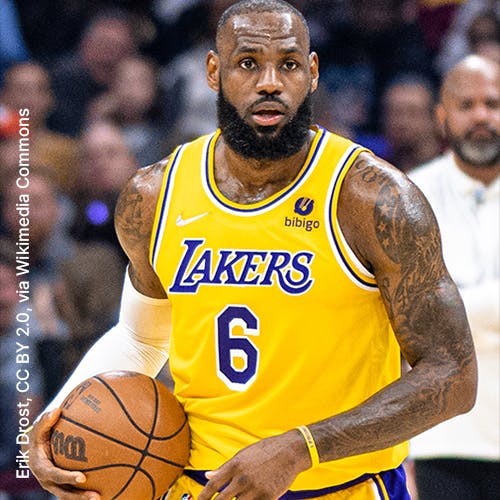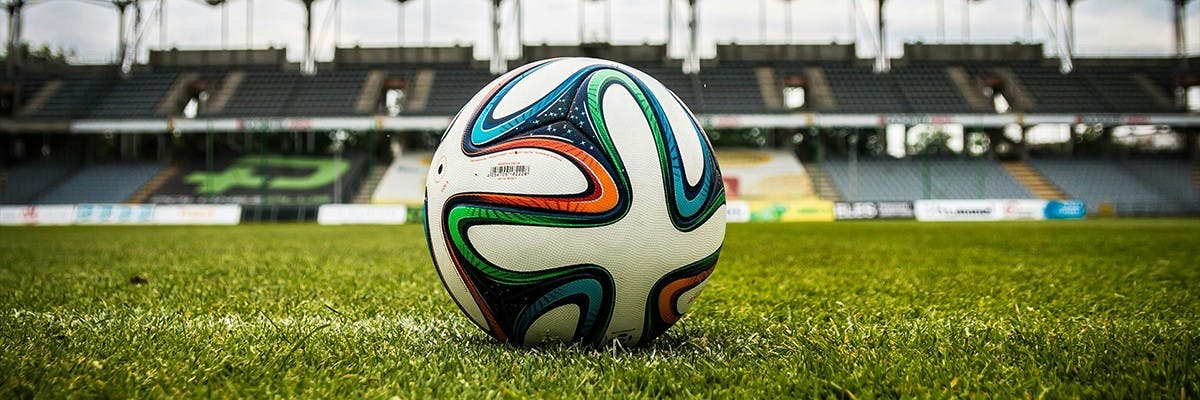belong to world
Champions of Change: Sport as a Builder of Community and Values
“There is no failure in sport. It's not about failure, it's about steps to reach a goal. Day by day.” — Giannis Antetokounmpo

With these words, Giannis Antetokounmpo—born in Greece to Nigerian parents, raised in poverty, and now one of the greatest basketball players in the world—reminds us that sport is more than just a playing field. It's a school of life, a place where we confront ourselves before we confront others. There is no such thing as failure—only the chance to try again. To fall and get back up. To build a dream, step by step.
Perhaps this is what fascinates us most about sports stories—not the victory itself, but the journey. The doubts, the setbacks, the comebacks. The hard work transformed into possibility. Sports stories are stories of amplified humanity, which is why they deeply resonate with the values we believe in and pursue every day at Teddy: personal development, empowerment, community, and the belief in human potential.


Take Serena Williams, for example. She didn’t just win 23 Grand Slam titles—she broke through a world that wasn’t ready to see a strong, muscular, African-American woman dominate the courts of Wimbledon. Her battle wasn’t just athletic, it was symbolic: a cultural and identity statement. Every fierce expression, every point played with heart, carried a clear message: diversity doesn’t just matter—it can become greatness. She gave voice to her story and her body both on and off the court, turning every interview and social media post into a call for collective awakening. She challenged aesthetic norms, social expectations, and made tennis more open, more human, more free.


A similar path of impact and purpose was taken by LeBron James. Raised without a father in the outskirts of Akron, Ohio, he became one of the greatest athletes of all time, using his talent as a springboard for social and educational change. He never settled for personal success. He founded free schools for underprivileged children, spoke out against racism even when silence would have been easier, and turned his voice into a megaphone for millions of unseen youth. LeBron proved that an athlete can—and should—be a citizen, a mentor, a builder of community. His is a generative kind of leadership: one that creates new possibilities for others while growing himself.

And how could we not mention Muhammad Ali? His boxing was poetry in motion—rage transformed into art. But his true greatness came when he said no. When he refused to fight in Vietnam, sacrificing titles and enduring public scorn. In that decision lived the integrity of a man who never feared losing something if it meant staying true to himself. Ali didn’t just fight in the ring—he fought for civil rights, for dignity, for the voiceless. And in doing so, he showed the world that champions are made not just in arenas, but especially outside of them.
But sport doesn’t only live in international stadiums. It also breathes in the local tales of small-town glory, where success tastes like real effort and pure passion. Like Gigi Riva’s Cagliari in 1970, when they brought the Italian championship to an island longing for redemption. That was an Italy far from the spotlight. And Riva, a reserved and loyal man, chose to stay in Cagliari—turning down glamorous clubs—to give deeper meaning to the word belonging. He showed that success only matters when it’s shared with those who believed in you when no one else did.
Or consider Verona in 1985, coached by Osvaldo Bagnoli, a manager who shunned fame but knew how to ignite his team’s spirit. That squad had no superstars—names like Garella, Elkjaer, and Briegel aren't remembered for dazzling talent—but they etched an unforgettable mark in Italian football. That victory shocked the football world and became a tribute to competence, emotional intelligence, and teamwork.

Then there’s the present—new achievements born far from the glare of global cities. Gasperini’s Atalanta, for instance, has become a symbol of grassroots football. In Bergamo, a city that endured tremendous suffering during the pandemic, the team became a source of refuge and hope. Without massive budgets, they built a strong identity and a bold, generous playing style. They nurtured young talent, watching them blossom, until they became a force in European football. A perfect example of how shared vision, when nurtured, can overcome every obstacle.
A similar emotional impact came from Leicester City under Claudio Ranieri in 2016. A team given lower odds of winning the Premier League than of seeing Elvis Presley alive. And yet, match by match, they defied every prediction. With Vardy, the former factory worker who ran the field like it was still a construction site. With Mahrez, once rejected by many, who became a dribbling virtuoso. This was a team that believed before they ever won—and taught the world that nothing is impossible if you dare to dream together.

Even in lesser-known sports, extraordinary lessons hide. Take Italian curling, which found its heart in Cortina d’Ampezzo. There, among the icy Dolomites, a sporting culture emerged that led Stefania Costantini to Olympic gold. In a country with barely 300 active curlers, that victory was a powerful signal: passion and dedication make the difference, even in the most unlikely places.
These stories also speak about us—about Teddy’s culture and the dream that guided Vittorio Tadei: to build a human enterprise before an economic one. From the provinces, we grew into a multinational company that still feels like home—a life school, a living community. A reality rooted in the value of the individual, and in the belief that everyone can become an entrepreneur of themselves—just like an athlete striving daily to become the best version of who they are.
But before sport is a challenge, it is a mirror. A way to look within and rediscover ourselves. You don’t need to be a global champion or be born with a rare gift—every practice, every match, every small act of dedication becomes a chance to better know yourself. Sport asks us to be present, authentic, and take responsibility for our part of the field—no matter how big or small. And right there—in the daily effort, in confronting our limits—meaning can be found. A meaning that comes not only from results, but from the journey itself.
That’s the vision we share at Teddy: the belief that each of us, in our own role, can be a champion of change. That life and work—like sport—are exercises in belonging and responsibility. And that even a small gesture, done with care, can be a step toward our better selves.
Because yes, sport too—in the quiet of a morning workout, in the tension of a small-town match, or the joy of a shared goal at the local field—can become fertile ground to grow what truly matters: the courage to know yourself, the desire to grow, and the feeling of belonging.